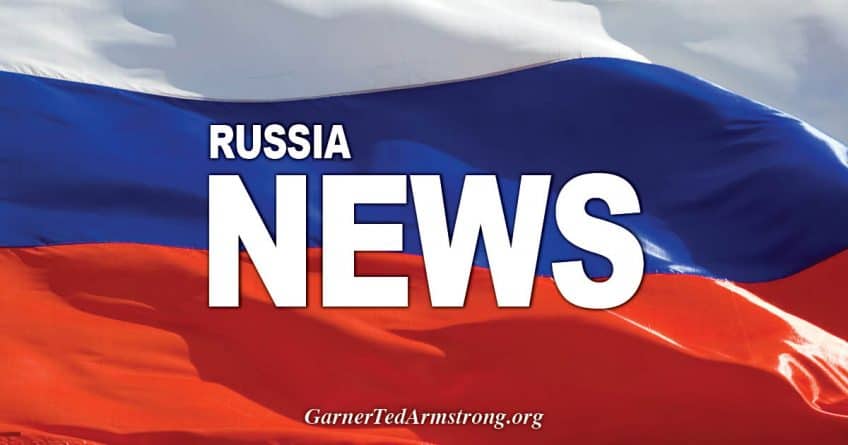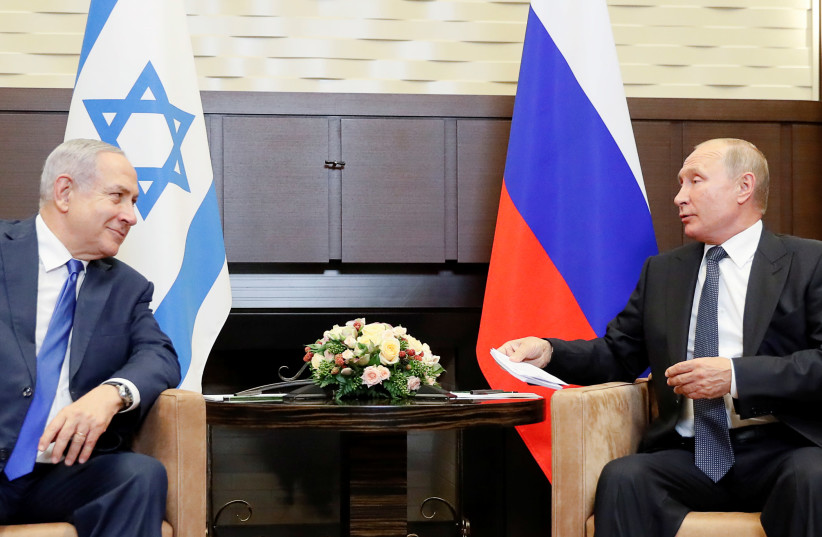The first question the public is asking is why the government invested its efforts to return a civilian who crossed into Syria within two weeks of the occurrence, while civilians and the bodies of soldiers who were sent by the country into war have been held for years in the Gaza Strip. And it doesn’t see their return on the horizon.
The other question is the price. In return for that civilian, Israel sent two shepherds, who were arrested in recent weeks by the IDF after they had crossed into Israel, back to Syria, according to the army. Reports say there was another element as part of the deal: an article stating that Israel would fund hundreds of thousands of Russian-made
COVID-19 vaccines that would serve the Assad regime in Syria.
It seems that this article sparked outrage and denial on both sides. Israelis are furious that their taxes are funding vaccines for the enemy. Even Prime Minister Benjamin Netanyahu, when asked about this on Saturday night, used careful language and said, “Not even one Israeli vaccine was given to that thing.”
Zvi Magen, former ambassador to Russia and currently a senior researcher at the Institute for National Security Studies, said it is not about money but about influence.
“People like [Russian President Vladimir] Putin and [Syrian President Bashar al Assad], who have billions [of dollars] going around them, do not need that million and a half,” he said. “We should look for another motive.”
“That motive is probably international and diplomatic,” Magen said. “Putin wants to appear like a person who mediates, coordinates, manages and dictates [to] Israel and Assad what should be the right arrangement.”
Some suggest that to strengthen the effect of this mediation, the Russians even tried to humble both sides and make them appear as if they did something that they would never do otherwise.
Israeli commentators linked this matter to a September 2019 report when Netanyahu flew to Russia to meet Putin and was forced to wait hours until the Russian president was available to see him.
“[The Russians] wants to show who is boss – who manages those affairs in the region,” Magen said.
This deal comes amid an ongoing battle over influence in the region. Israel wants to maintain its ability, through understandings with the Russians, to combat the Iranian entrenchment in Syria. The Russians want to make sure Israel understands that it is able to do so thanks to their grace.
“Israel has a delicate matter with the Russians in Syria,” Magen said. “It has the Iranian war there, and the role of the Russians [in Israeli eyes] is to cooperate with them. This is the case most of the time. But from time to time there are Russian voices saying, ‘Why are we allowing the Israelis to do whatever they want? We should respond to their attacks and take down their jets.’”
“There are voices critical against Israel in Russia, and it is an Israeli interest to satisfy the Russians and meet their demands,” he said, adding that since the Russian invasion into Syria, Israel refrained from interfering with Syrian matters and focused only on battling the Iranians.
Finally, there is a battle against the US. Magen believes the deal was also a signal to the Americans that Russia is still here in the region and that it has influence with their closest ally in the region.
“Putin does not feel comfortable with [US President Joe] Biden,” he said. “He goes back to the policies of the president before his predecessor, [Barack] Obama, which were marginalizing the Russian influence in Syria and putting pressure on it.”
“These days, Putin is hosting the Astana format in Sochi,” Magen said. “It is a summit for the Turks, Iranians, and Russians, and they are working on an agreed-upon outline in Syria… It is not a coincidence that Biden recently mentioned the Golan Heights.”
Earlier this month, US Secretary of State Antony Blinken recently cast doubt on the legality of the Trump administration’s decision to recognize Israeli sovereignty over the Golan Heights.
In light of Putin’s efforts to become more dominant in the region, “Biden tries to be nice with the Syrians,” Magen said. “It’s not that he will give them the Golan Heights, but he wanted to show them that he is also a player here on this field called Russia.”









